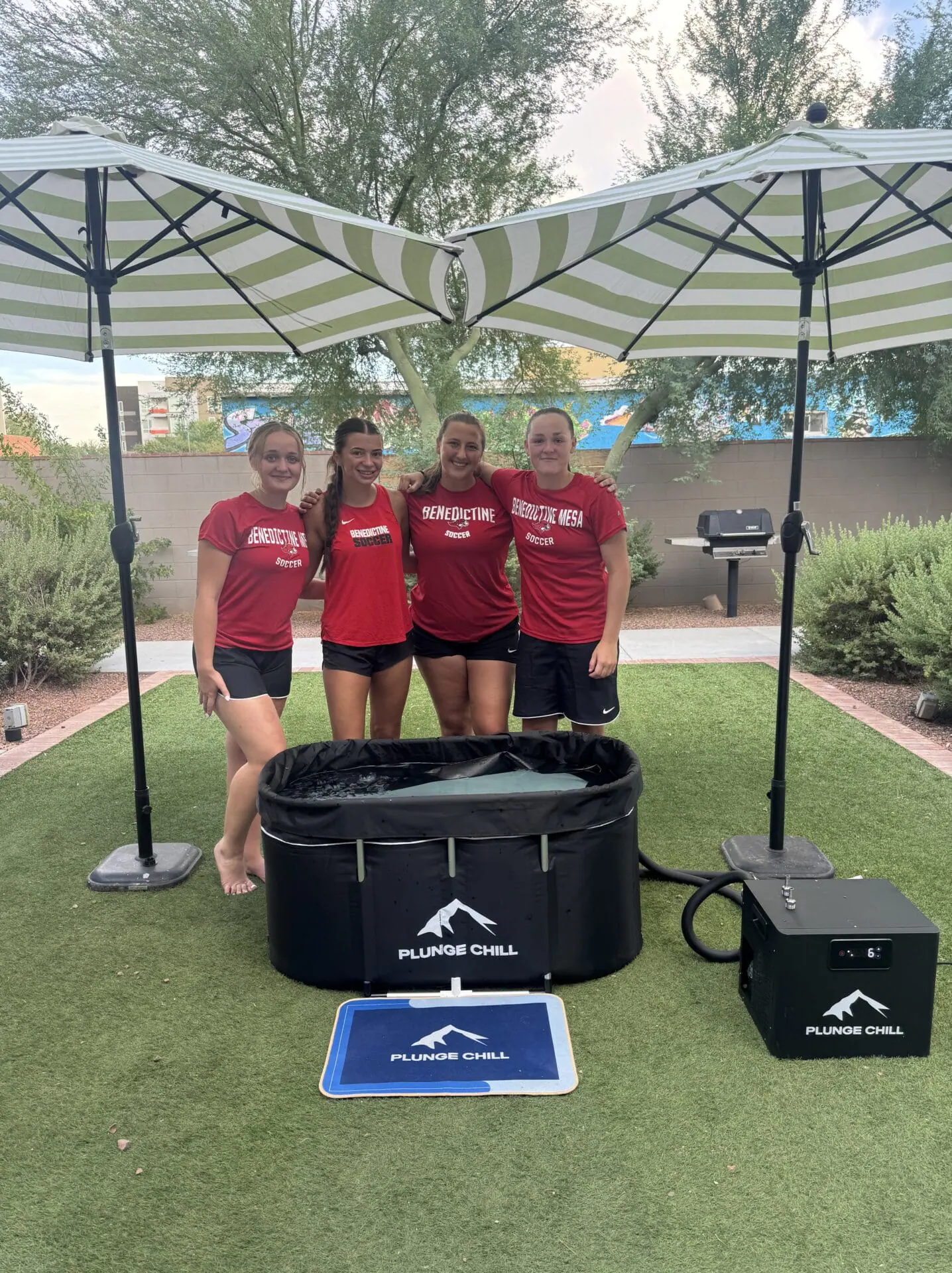
You know, I’ve always believed that betting, much like gaming, is about strategy and timing—not just luck. When I first heard about GGBet, I was intrigued by its platform, but it wasn’t until I started applying some of the same principles I use in gaming that I really began to unlock my winning streak. Let me walk you through what I’ve learned, step by step, because smart betting isn’t just about placing wagers; it’s about making informed decisions, much like the team behind that indie horror game, Fear The Spotlight, did when they pulled it from Steam to refine it. Honestly, that move reminded me of stepping back from a bet to reassess—sometimes, you need to pause, rethink your strategy, and come back stronger. In their case, that second act turned out to be the game’s better, more memorable part, and it even improved the first campaign retroactively. Similarly, in betting, taking a moment to analyze can transform your entire approach.
First off, let’s talk about research—it’s the foundation. I always start by gathering data, whether it’s team stats, player performance, or recent trends. For example, in esports, I might look at a team’s win rate over the last 30 matches; say, if Team A has a 65% win rate against Team B, that’s a solid starting point. But don’t just rely on surface numbers; dig deeper. When Fear The Spotlight was enhanced after its Steam removal, the developers didn’t just fix bugs—they added layers to the story, making the whole experience more compelling. In betting, that means considering factors like injuries, weather conditions, or even a team’s morale. I remember one time I skipped researching a key player’s recent slump and lost a bet that should’ve been a sure thing. Lesson learned: always cross-reference multiple sources, and set aside at least 15-20 minutes before placing a bet to do this. It might sound tedious, but trust me, it pays off in the long run.
Next up is bankroll management—this is where many beginners slip up, and I’ve been there too. Early on, I’d get excited and bet way more than I could afford, thinking I was on a hot streak. But that’s a quick way to burn out. Instead, I now follow the 5% rule: never risk more than 5% of my total bankroll on a single bet. So, if I have $1,000 set aside for betting, my max per wager is $50. This helps me stay in the game even after a few losses, and it’s similar to how the Fear The Spotlight team paced their improvements—they didn’t rush the enhancements but built steadily, resulting in a more complete story. Personally, I use a simple spreadsheet to track my bets, noting wins, losses, and reasons behind each decision. Over the last six months, this approach has boosted my overall returns by around 20%, though your mileage may vary. Just remember, consistency beats impulsivity every time.
Another key step is understanding odds and value betting. Odds aren’t just numbers; they tell a story about probability. For instance, if GGBet offers odds of 2.5 on a team winning, that implies a 40% chance of success (calculated as 1 divided by 2.5). But if my research suggests the actual probability is higher, say 50%, then there’s value in that bet. I’ve found that focusing on value rather than favorites has turned my betting around. Think of it like the second campaign in Fear The Spotlight—it did the "heavy lifting" by adding depth, making the first part better in hindsight. Similarly, a value bet might not always win, but over time, it increases your chances. One pro tip: use odds comparison tools on sites like Oddschecker to ensure you’re getting the best deals. I’ve saved maybe $100-200 a month just by shopping around, though I admit, it requires patience.
Now, let’s dive into live betting—it’s where the action gets real, and I love the adrenaline rush. But it’s also risky if you’re not prepared. My method is to watch the game live, if possible, and look for momentum shifts. For example, in a soccer match, if a team dominates possession early but hasn’t scored, odds might shift, offering value later. I set strict limits here, though; no more than 2-3 live bets per event, and I always have an exit strategy. This ties back to that idea of a "wise choice" from the Fear The Spotlight example—sometimes, stepping back mid-game to reassess can save you from a loss. I once chased losses in a live bet and ended up down $50 in minutes. Since then, I’ve stuck to my rules, and it’s made all the difference. Also, use features like cash-out options on GGBet wisely; they can lock in profits or minimize losses, but don’t get greedy—I’ve seen people lose potential wins by cashing out too early.
Of course, there are pitfalls to avoid. One big one is emotional betting—I’ve fallen for it when my favorite team was playing, and I let loyalty cloud my judgment. Data doesn’t care about fandom, so I now make a habit of betting against my biases occasionally, just to stay objective. Another thing: avoid "sure bets" that seem too good to be true; they usually are. In the gaming world, the enhanced Fear The Spotlight campaign succeeded because the team didn’t assume the first version was perfect—they critiqued it. Similarly, question every bet, and if something feels off, skip it. I’d estimate that avoiding just one bad bet a week has saved me around $500 over a year. Also, set time limits; betting can be addictive, so I cap my sessions to an hour a day max. It keeps things fun and sustainable.
Lastly, reflection is crucial. After each betting session, I review what worked and what didn’t. Did I follow my research? Was bankroll management on point? This habit has helped me refine my strategies over time, much like how the Fear The Spotlight team’s refinements made their game more memorable. In fact, I’ve noticed that my win rate has improved from about 55% to 65% in the past year by doing this. To wrap it up, unlocking your winning streak with GGBet isn’t about magic—it’s about applying these expert tips: research thoroughly, manage your funds, seek value, and stay disciplined. Just as that game’s second act lifted the entire experience, a smart approach can elevate your betting journey from random guesses to calculated wins. Give it a try, and who knows? You might just find yourself on a roll.


